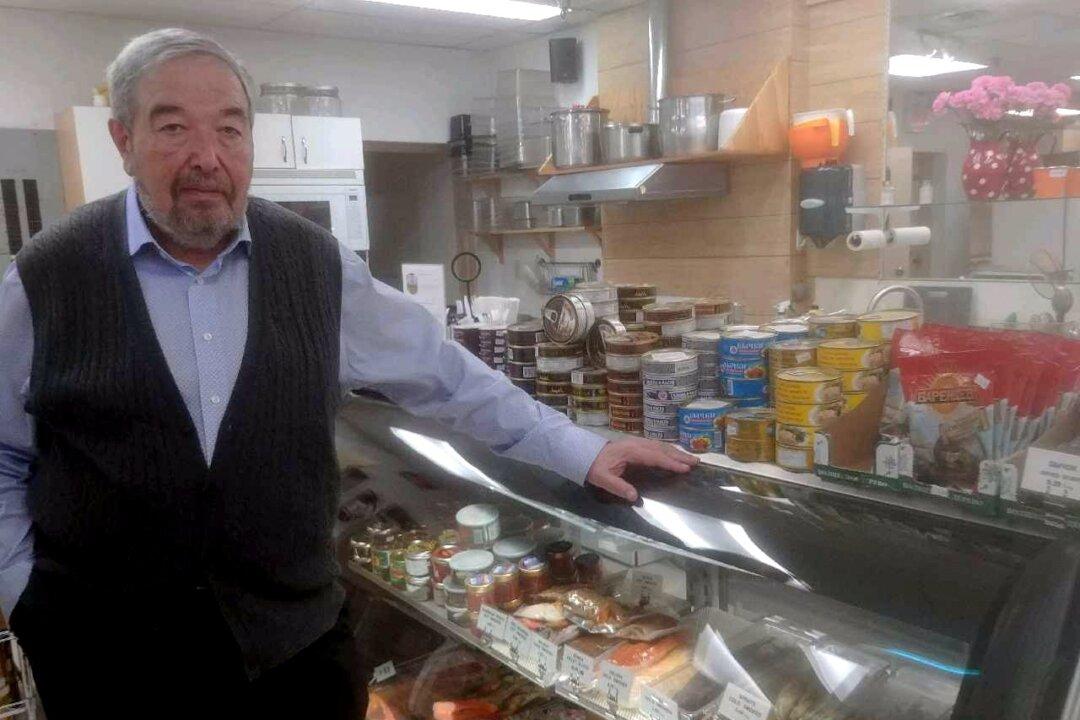News Analysis
Grigori Khaskin owns and operates Euro Food Tri-City in Coquitlam, B.C., where he sells foodstuffs from eastern Europe, including countries like Ukraine, Romania, and Czech Republic. It’s what he hopes will be the final chapter in a storied working career, which has included helping clean up the Chernobyl nuclear site after the catastrophe in 1986, followed by two decades teaching at Simon Fraser University.





